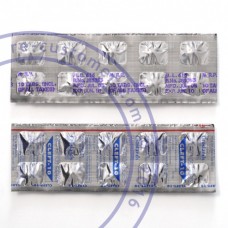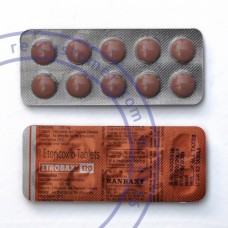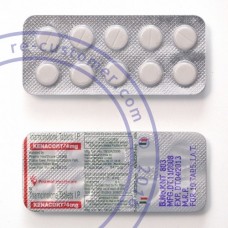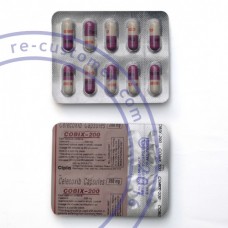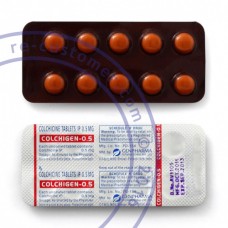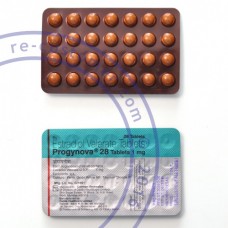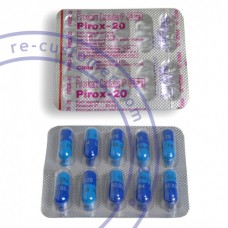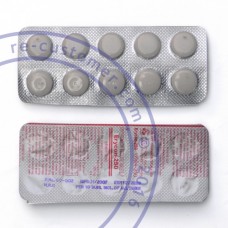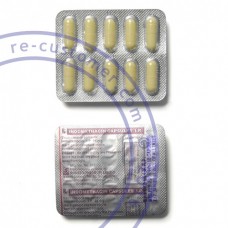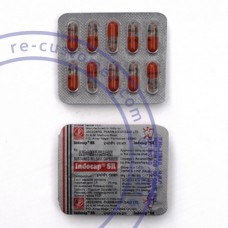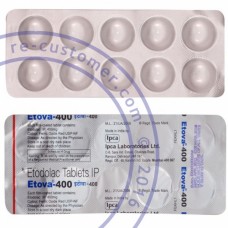

Anti-inflammatory medications are designed to reduce inflammation in the body, which can help alleviate pain and improve overall function. These drugs are widely used to treat various conditions related to inflammation, including arthritis, muscle pain, and other inflammatory disorders. The best anti-inflammatory supplements often include a mix of natural and synthetic compounds, each offering unique anti-inflammatory effects. Understanding the different types of anti-inflammatory medications and their uses can help individuals choose the best approach for managing their inflammatory conditions.
Types of Anti-Inflammatory Drugs
There are two main categories of anti-inflammatory drugs: Nonsteroidal anti-inflammatory drugs (NSAIDs) and herbal anti-inflammatories. NSAIDs, such as ibuprofen and aspirin, are among the most commonly used anti-inflammatory medications due to their effectiveness in reducing pain and inflammation. These medications work by inhibiting enzymes involved in the inflammatory process, thereby providing relief from symptoms. Examples of NSAIDs include over-the-counter options like Advil and Motrin, as well as prescription medications like Celebrex. While effective, NSAIDs can have side effects such as gastrointestinal issues and increased risk of cardiovascular events, so they should be used under medical supervision.
Natural and Herbal Anti-Inflammatories
In addition to conventional drugs, many people seek natural anti-inflammatories to complement their treatment. Anti-inflammatory foods such as turmeric, ginger, and omega-3 fatty acids are known for their ability to help manage inflammation naturally. Turmeric contains curcumin, a compound with strong anti-inflammatory properties, while ginger has been shown to reduce markers of inflammation in the body. Omega-3 fatty acids, found in fish oil, can also help reduce inflammation and improve overall health. These substances can be integrated into an anti-inflammatory diet to enhance overall health and mitigate the effects of chronic inflammation. Additionally, supplements like boswellia and green tea extract are also popular for their anti-inflammatory properties and can be used alongside dietary changes.
Chronic Inflammation Treatment
Managing chronic inflammation often requires a multifaceted approach, combining both medication and lifestyle changes. An anti-inflammatory lifestyle can significantly impact the effectiveness of chronic inflammation treatment. This lifestyle includes regular exercise, stress management, and a diet rich in anti-inflammatory foods. Regular physical activity can help reduce inflammation by lowering levels of inflammatory markers in the body. Stress management techniques, such as meditation and yoga, can also reduce inflammation by lowering stress hormones. Furthermore, adopting an anti-inflammatory diet that includes plenty of fruits, vegetables, whole grains, and healthy fats can help prevent the escalation of inflammatory responses and support overall wellness. Avoiding processed foods, sugary drinks, and trans fats is equally important in managing inflammation effectively.
Choosing the Right Anti-Inflammatory Approach
Choosing between NSAIDs and natural anti-inflammatories depends on individual health needs and conditions. While NSAIDs provide rapid relief for acute inflammation, natural remedies may be more suitable for long-term management. It is essential to consult with healthcare professionals to determine the most appropriate top anti-inflammatory agents based on personal health profiles and specific inflammatory conditions. In some cases, a combination of both NSAIDs and natural anti-inflammatories might be recommended to achieve the best results. For example, someone with severe arthritis might use NSAIDs to manage acute flare-ups while incorporating natural anti-inflammatory foods and supplements into their daily routine for long-term benefits.
In conclusion, anti-inflammatory medications play a crucial role in managing inflammation and improving quality of life. Whether opting for NSAIDs or exploring herbal anti-inflammatories, understanding the inflammatory response and incorporating an anti-inflammatory diet can lead to better health outcomes and effective management of inflammatory conditions. By addressing both the symptoms and underlying causes of inflammation through a comprehensive approach, individuals can achieve better overall health and reduce the impact of chronic inflammatory diseases.
Anti-inflammatories are non-hormonal drugs (non-steroidal) that doctors often prescribe to suppress various inflammatory reactions in the body.
One of the first drugs that appeared on the market and refers to NSAIDs is regular aspirin or acetylsalicylic acid. They are very popular with doctors, as they have antipyretic, antirheumatic and analgesic properties. Such drugs quickly reduce the process of inflammation which reduces joint pain caused by arthritis or arthrosis, as well as back pain caused by diseases of the spine.
However, such drugs have many prohibitions to the use and with prolonged use they can lead to serious side effects. Nonsteroidal anti-inflammatories should not be taken with duodenal ulcers and stomach ulcers, with gastritis or ulcerative colitis. If necessary, doctors can recommend patients with gastrointestinal diseases to take anti-inflammatories in the form of rectal suppositories. Such drugs have a more gentle effect on the small intestine and stomach than tablets. But candles are contraindicated in diseases of the rectum polyps, cracks or hemorrhoids.
With caution, taking anti-inflammatories is necessary for those people who have kidney and liver diseases. It is also forbidden to take such drugs with intolerance to the medication. Do not forget about the side effects that can occur when taking medications: drowsiness, headache, dizziness, nausea, etc.
While taking anti-inflammatories, it is recommended that you follow certain rules:
- Always read the instructions carefully before taking medication and follow the dosage;
- Take a pill with a large amount of water to prevent irritation of the gastric mucosa;
- After taking medication, do not lie down for half an hour;
- Do not use anti-inflammatories with alcohol - this increases the risk of developing gastric diseases;
- These drugs are strictly contraindicated in pregnancy;
- Do not take two different anti-inflammatories in one day - there may be side effects;
- If you do not notice improvement after taking the drug, change it to a similar one.
But when changing the drug, you need to take into account one feature. If you change Diclofenac to Orthophene or Voltaren, then you will not notice any changes. The same will happen if you change Methindole to Ibuproen. All these preparations have the same composition. Their difference is that they are produced by different brands.
To choose the right medicine, pay attention to the active substance. Of course, there are exceptions when a drug of one firm helps and the same drug of another firm causes various side effects. The whole thing can be in dosage or fillers. Sometimes in the filler there is a substance that your body does not perceive well. But the composition of fillers in each firm is individual.
On the dosage should be said separately. Very often people do not pay attention to it. You can take Diclofenac three times a day in a dose of 25 mg. The effect of it will be small. But if you switch to a dosage of 100 mg, then one tablet will be enough for the whole day. Many firms produce long-acting drugs. The peculiarity of this drug is that it is absorbed from the stomach into the intestine gradually and not immediately and its effect is distributed throughout the day.
Pharmacological companies a couple of decades ago began to develop drugs that would relieve pain and inflammation but at the same time had a minimum of side effects. As a result, a group of drugs was obtained that were called selective anti-inflammatories. Such drugs are much less likely to cause any side effects: they do not cause complications or adversely affect the structure of the articular cartilage. The advantage of selective anti-inflammatories is that they can be taken for a long time - from several weeks to several years. But this is done only under the strict supervision of a doctor.



